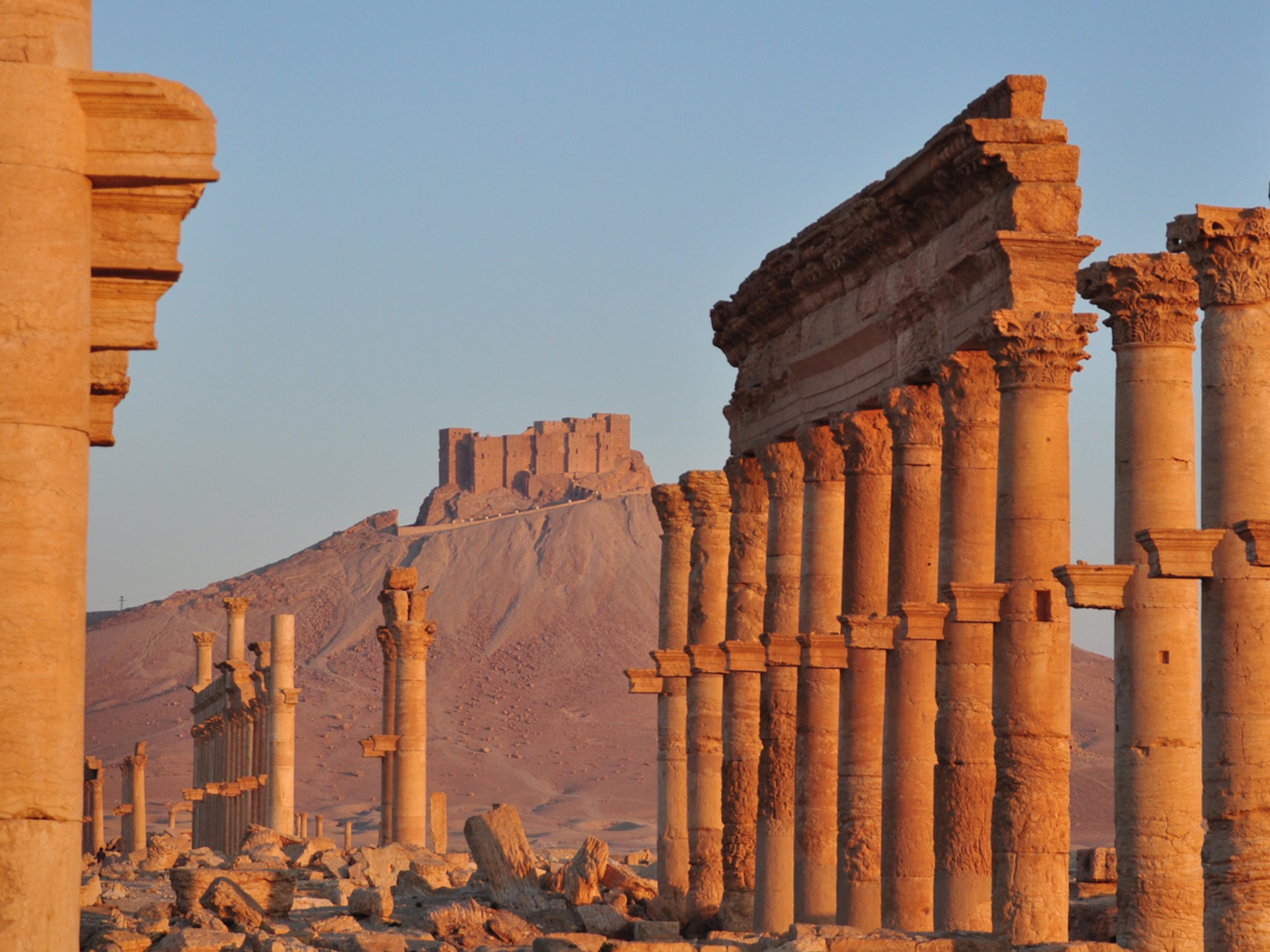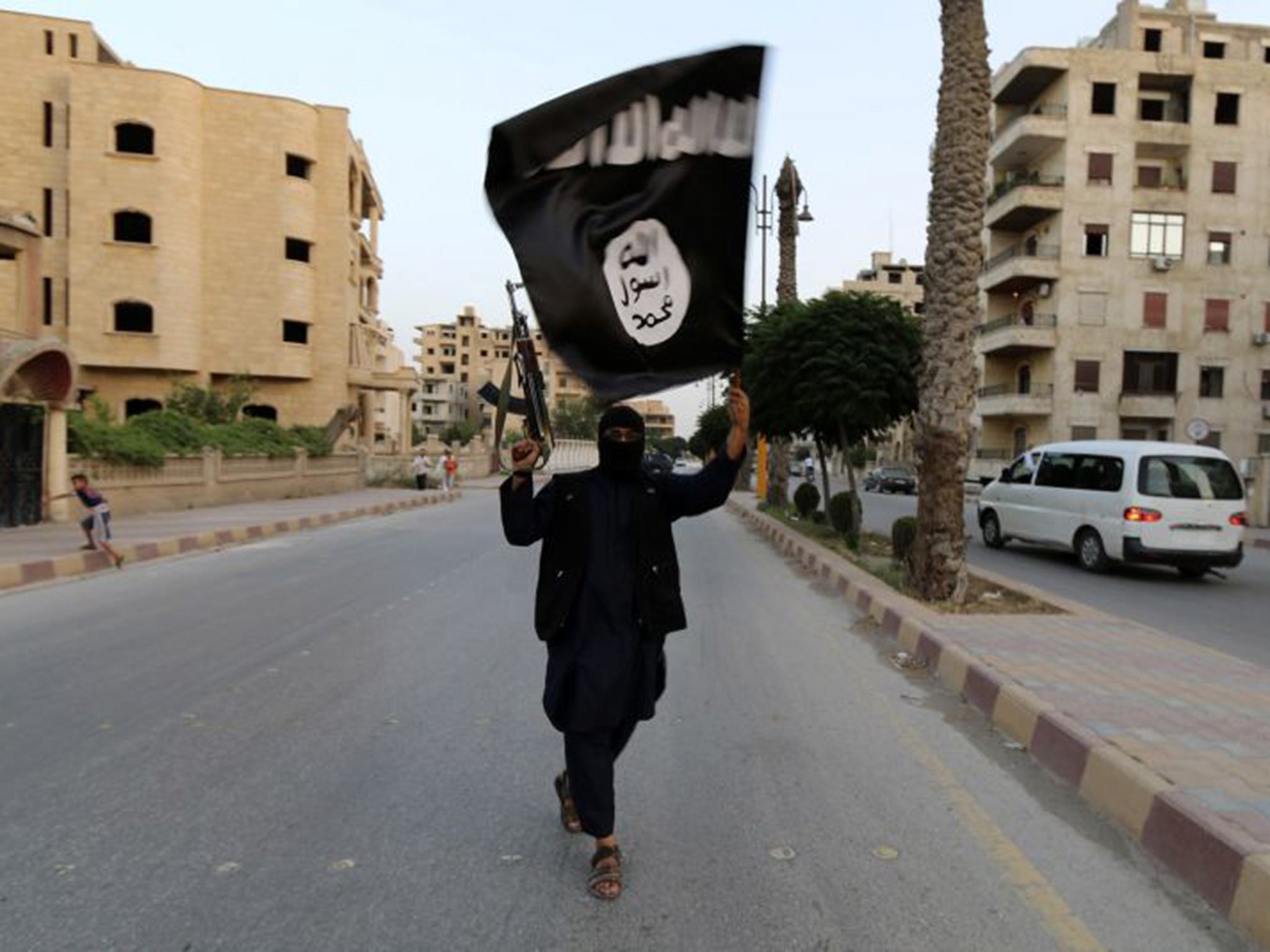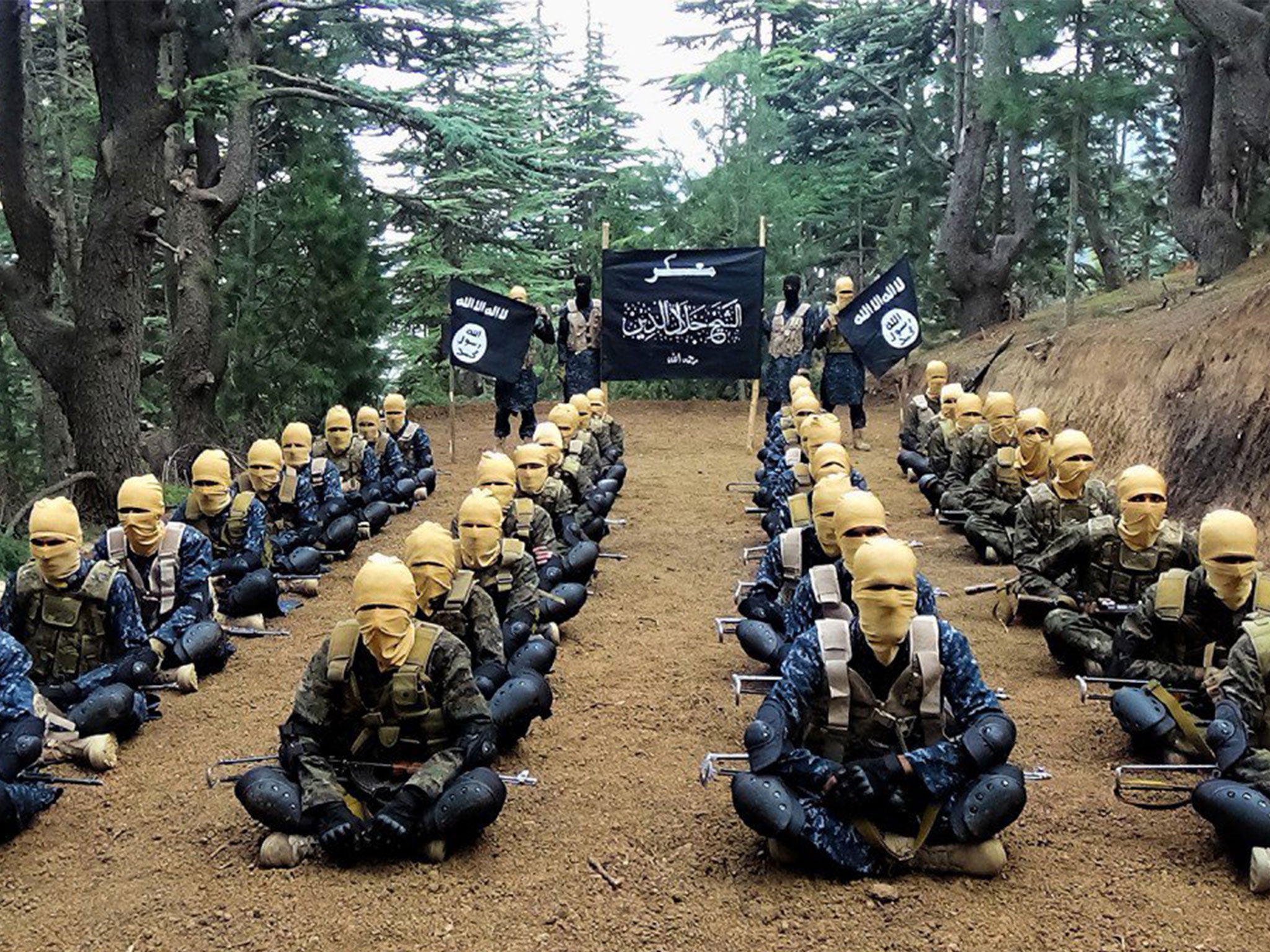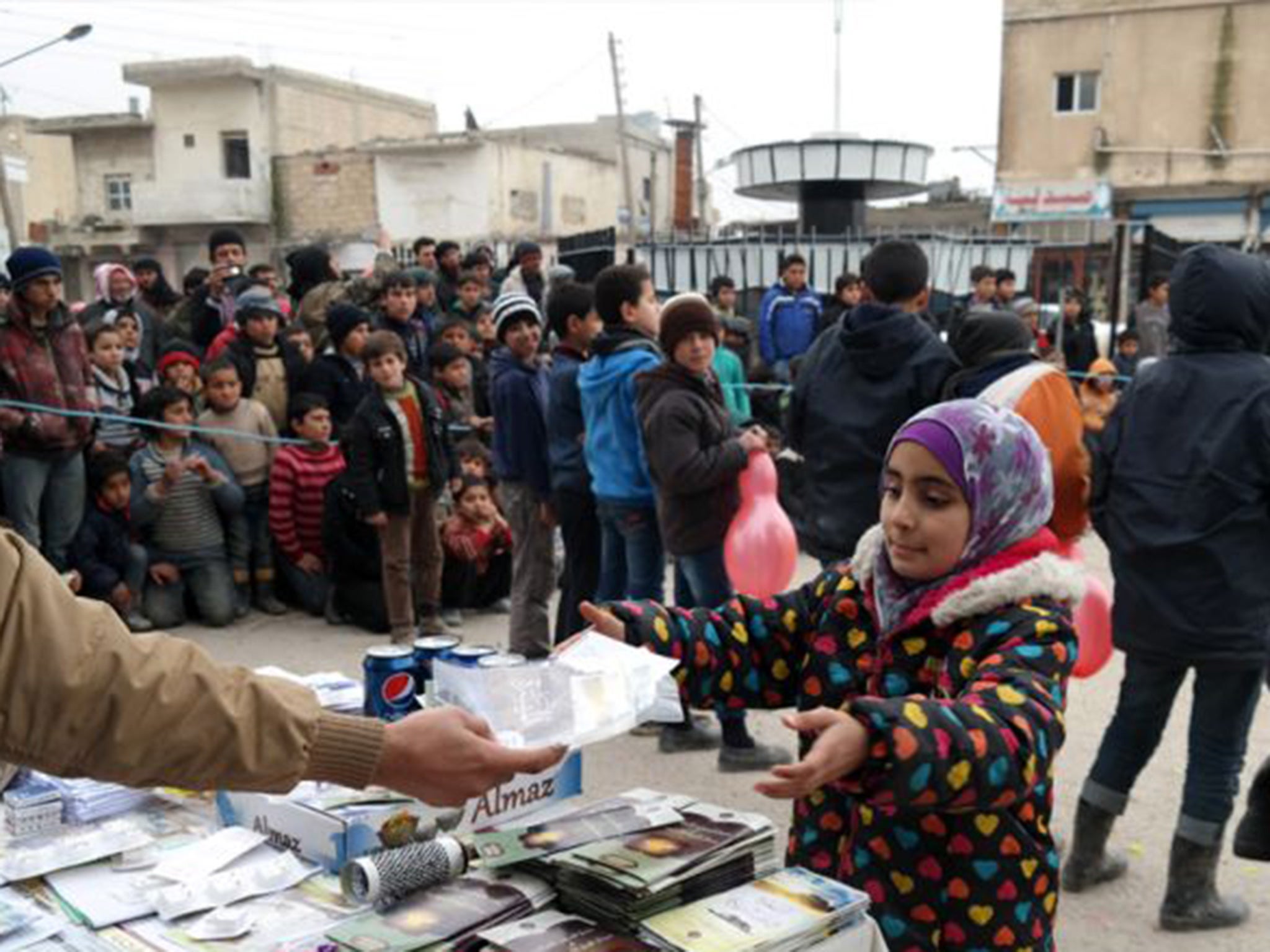Isis and al-Qaeda: Where the militant groups get all their money from
We've rounded up all the ways terrorists finance their activities

Your support helps us to tell the story
From reproductive rights to climate change to Big Tech, The Independent is on the ground when the story is developing. Whether it's investigating the financials of Elon Musk's pro-Trump PAC or producing our latest documentary, 'The A Word', which shines a light on the American women fighting for reproductive rights, we know how important it is to parse out the facts from the messaging.
At such a critical moment in US history, we need reporters on the ground. Your donation allows us to keep sending journalists to speak to both sides of the story.
The Independent is trusted by Americans across the entire political spectrum. And unlike many other quality news outlets, we choose not to lock Americans out of our reporting and analysis with paywalls. We believe quality journalism should be available to everyone, paid for by those who can afford it.
Your support makes all the difference.One of the biggest challenges posed by Isis (also known as ISIL, the Islamic State, and Daesh) is just how well funded the group is, pulling in hundreds of millions every year.
A report assessing the UK's risk of money laundering and terrorist financing released by the government earlier this year spells out clearly just how groups like Isis, Al Qaeda, Al Shabaab, and Boko Haram raise the money needed to operate a terrorist group.
We've rounded up all the ways terrorists finance their activities below, drawing on the report and other investigations, and ranked them based on how profitable each activity is estimated to be.
6. Scamming banks

One way terrorists can get funds is by scamming banks. The key dangers are fraud and complicit employees helping terrorists gain access to bank accounts and loans.
Fraudulent loan applications provide a key source of funds for jihadists wanting to travel to Syria to join Isis, funding their journey. A recent New York Times report on the Paris terrorist attacks notes that one future jihadist got €15,000 (£10,700, $16,200) from ING Belgium.
The UK government report adds: "The use of the banking sector by terrorists remains a threat, in particular in the context of Syria. Individuals can use cash machines/ATMs to withdraw funds in neighbouring countries where there is a formal banking sector and then carry funds into Syria."
There is also some evidence that the UK's student loan system has been abused to fund terrorism, according to the report. But it concludes that the banking system is only a "medium" risk — the funds raised through these means are comparatively low.
5. Selling antiques and artifacts

Isis has wasted no time in looting the heritage of the parts of Syria and Iraq it has taken control of.
While the destruction of antiques and artifacts has generated more headlines, UNESCO warned earlier this year that ISIS is looting antiques and artifacts on an "industrial scale."
Many of these "blood antiques" are thought to end up on the market in London, according to The Guardian, one of the biggest international markets.
4. Donations

Terrorist organisations enjoy a stream of donations from supporters in countries around the world.
These can either take the form of small operators collecting from local communities or, largely in the Gulf states, big ticket donations.
"Private donations originating from the Gulf are a vital funding stream for AQ [Al Qaeda] and AQ affiliated groups," according to the report.
In the case of small operators, the report notes that there are some instances of fundraisers abusing the charity sector. In one case in 2013, two men were convicted of "fraudulently presenting themselves as charity fundraisers using high visibility vests and collections buckets bearing the name of the charity Muslim Aid."
Once raised, donations are passed to a network of facilitators who move the money to terrorist groups without detection.
They do this by making a series of small transfers at money transfer shops, small enough to not need identification documents, or by using cash couriers who take the funds across borders on their person.
3. Ransoms

The UK government's report estimates Isis raised an estimated $35 million (£23 million) to $45 million (£29.8 million) between September 2013 and September 2014 through ransoming hostages.
Al Qaeda is even more prolific, raising at least $125 million (£82.9 million) from kidnappings since 2008, including $66 million (£43.8 million) just in 2013, according to the New York Times.
Britain and the US have a strict policy of not paying ransoms to terrorist groups but other European nations have paid up, leading the New York Times to conclude last year that "Europe has become an inadvertent underwriter of Al Qaeda."
2. Oil

A big advantage Isis has over other groups is its access to oil. The group has taken control of existing fields in Syria and Iraq, and is exporting its oil via Turkey.
A recent Financial Times investigation into ISIS's oil trading operation found "a sprawling operation almost akin to a state oil company" that employs engineers, trainers, and managers.
The group is believed to be making an estimated $50 million (£33 million) a month from this trade, equivalent to $600 million (£398 million) a year.
Britain has made disrupting Isis's oil trade a key priority of its recently launched bombing campaign in Syria.
1. Taxation

As well as oil, Isis territory gives it access to other revenue streams others groups don't have — taxation.
Isis is thought to make as much as $900 million (£597 million) a year from residents and businessmen in its territory, according to a recent New York Times investigation. Isis charges import taxes, rent for businesses, fines for breaking laws, utility bills, and income tax.
Taxation is thought to be the group's main source of revenue.
Read more:
• CEO of Credit Suisse nails banking industry's problem
• Amazon is opening a physical bookstore
• Why the EU referendum doesn't matter
Read the original article on Business Insider UK. © 2015. Follow Business Insider UK on Twitter.
Join our commenting forum
Join thought-provoking conversations, follow other Independent readers and see their replies
Comments